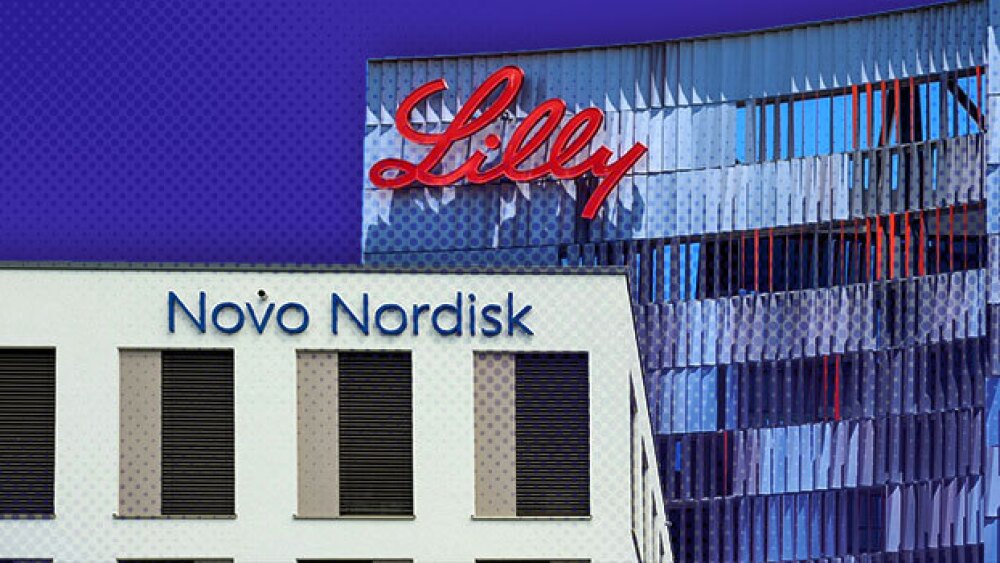News
The agency’s sweeping rollout and staff challenge underscore rising momentum behind agentic AI: advanced, multiagent systems now fueling early pilots in medical writing, patient engagement and regulatory workflows across the industry.
FEATURED STORIES
Since July, several biotechs have been forced to pivot as previous agreements with the FDA around evidence required for approval were reversed, a phenomenon that, according to experts, could portend a more restrictive regulator.
The drugmaker’s dominance of the obesity market is fueling predictions that years of growth lie ahead.
Novo Nordisk goes “on the offensive” following Trump deal that also included rival Eli Lilly, putting an exclamation point on rapidly declining GLP-1 drug prices. Experts say the unusual situation makes it hard to predict what’s next.
Job Trends
While the job market is tough for life sciences professionals right now, it won’t always be. Employers must continue striving to create fulfilling work environments, as the market won’t always be in their favor, say biopharma execs.
FROM OUR EDITORS
Read our takes on the biggest stories happening in the industry.
With Novo Holdings’ $16.5 billion buyout of Catalent being reviewed by regulators, what work the contract drug manufacturer may or may not be performing for Eli Lilly remains a point of contention.
THE LATEST
Following FDA rejections, Regeneron and Scholar Rock are turning to other facilities to clear regulatory logjams created by quality problems at an ex-Catalent facility in Indiana. Novo Nordisk, meanwhile, has been tight-lipped about whether its own FDA applications have been affected.
U.K.-based pharmas will not face tariffs as long as Donald Trump is president, according to the agreement.
Following Novo Nordisk’s price cuts for its own GLP-1 medicines, Eli Lilly is offering discounts for the obesity drug purchased through LillyDirect. Both pharmas recently struck a deal with the White House for cheaper prices via the yet-to-be-launched TrumpRx.
Protego Biopharma is advancing a small-molecule drug that helps light chain proteins fold correctly, in turn addressing the underlying biological cause of AL amyloidosis.
The centerpiece of the deal is the in vivo editor TSRA-196, which in preclinical studies has shown robust editing at SERPINA1, the locus linked to alpha-1 antitrypsin deficiency.
The alleged deaths were detected by the FDA’s Vaccine Adverse Event Reporting System, reports from which “generally cannot be used to determine” causation or even contribution, according to the agency.
If approved, Ascendis’ TransCon CNP would become the second therapy for achondroplasia, challenging BioMarin’s Voxzogo.
As bispecifics, ADCs, protein degraders, and AI-designed mini-proteins move into the clinic, discovery teams face a new bottleneck: engineering and producing molecules whose complexity challenges conventional workflows.
As big pharmas including Takeda and Novo Nordisk flee the cell therapy space and smaller biotechs shutter their operations, these players are sticking around to take the modality as far as it can go.
The FDA’s docket in December includes decisions for two big biologic franchises: BMS’s Breyanzi and Amgen’s Uplizna.






















